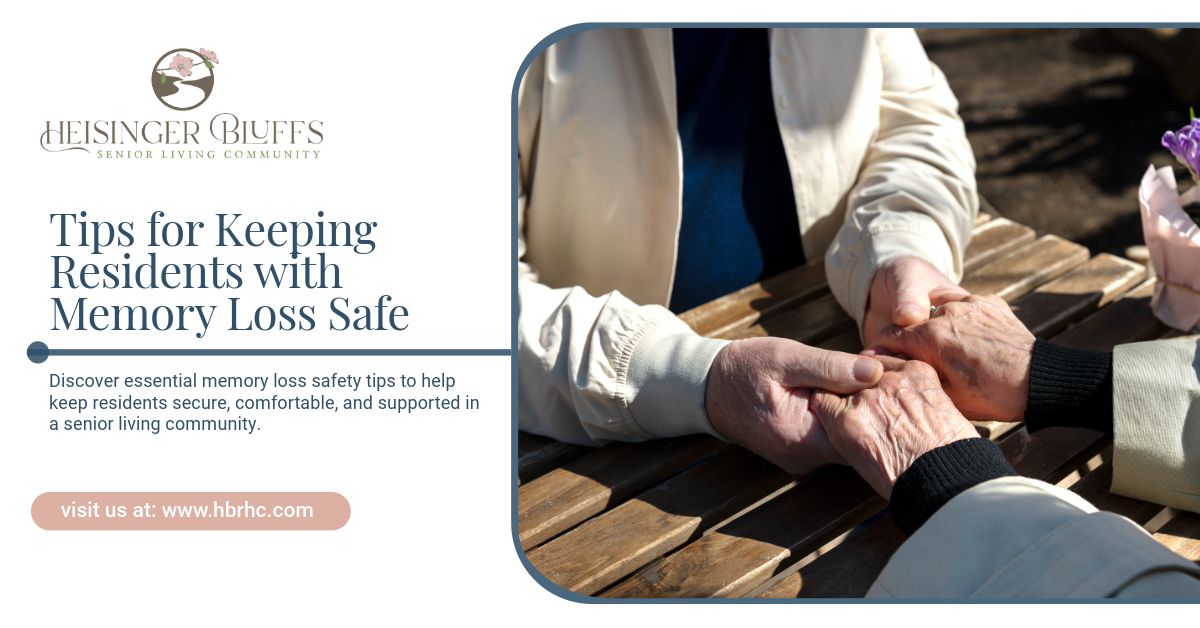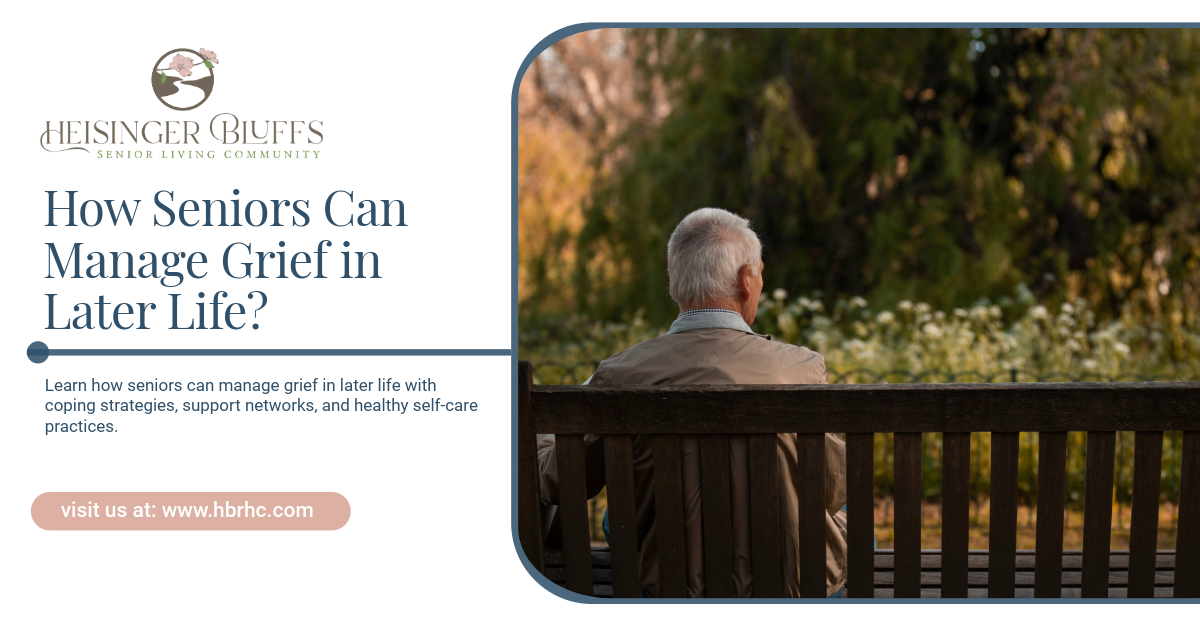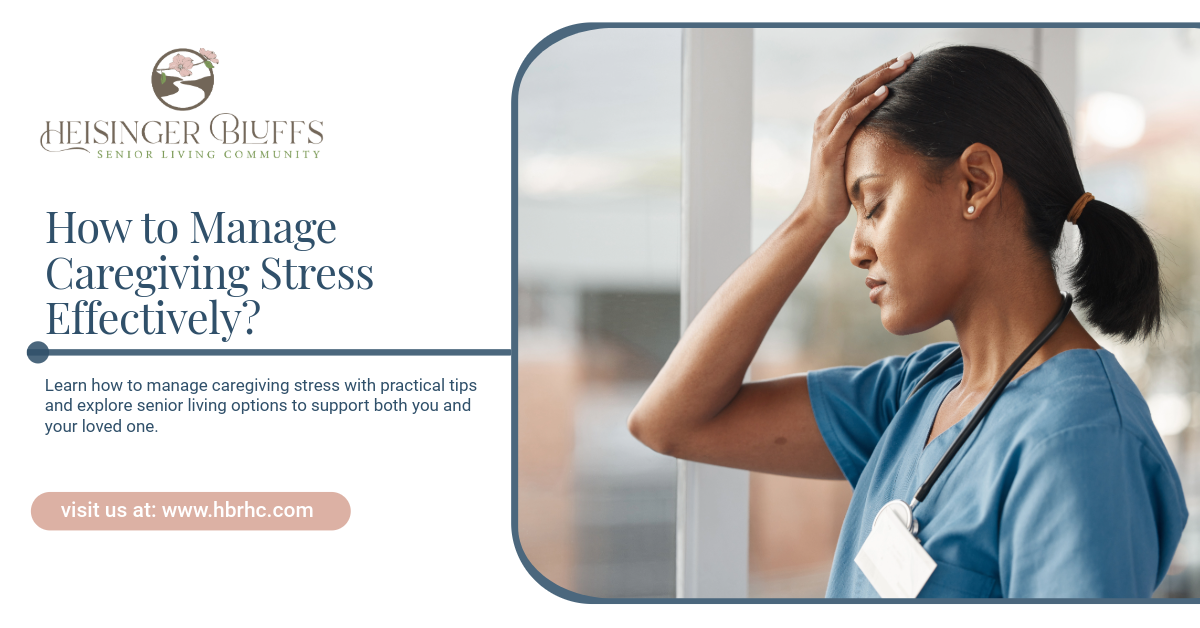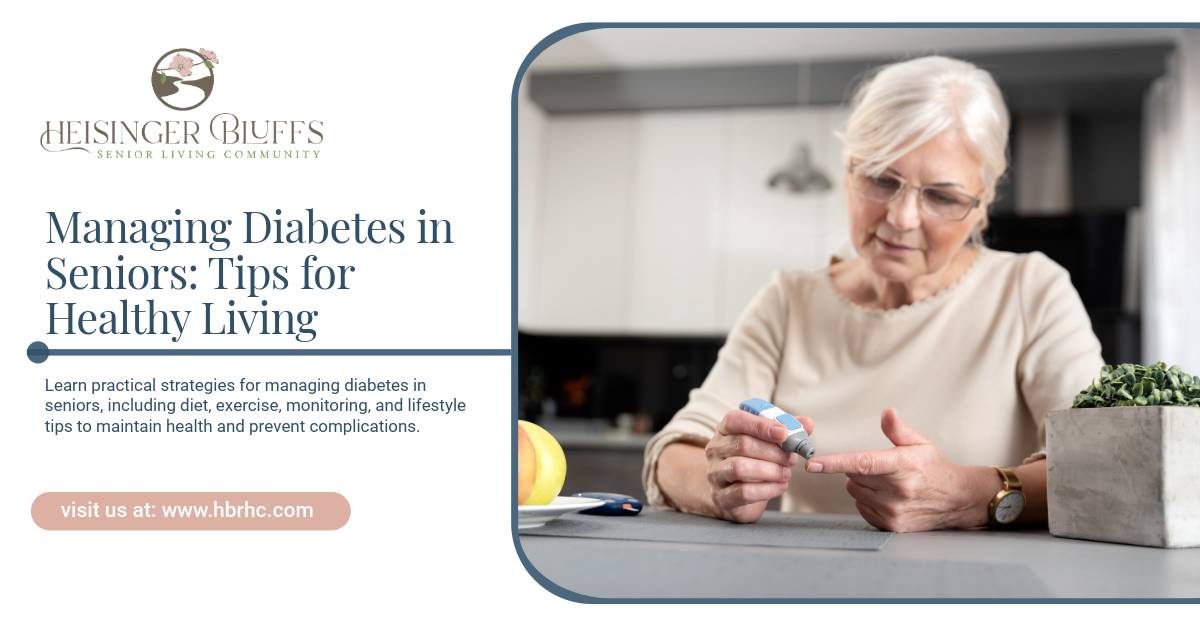Tips for Keeping Residents with Memory Loss Safe

Key Highlights
- Safety measures for residents with memory loss must balance independence with protection.
- Physical safety precautions include secure layouts, fall prevention, and technology support.
- Emotional safety is equally important, focusing on reducing confusion and stress.
- Trained staff and family involvement enhance the overall safety net for residents.
- Consistent routines and person-centered care foster both safety and dignity.
Memory loss, whether caused by Alzheimer’s disease, dementia, or other cognitive conditions, can significantly affect a senior’s safety and well-being. For residents in senior living communities, creating an environment that balances independence with protection is essential. Safety strategies must be thoughtfully designed to reduce risks while maintaining dignity, comfort, and quality of life.
This guide covers practical and compassionate tips for keeping residents with memory loss safe in a senior living environment.
Understanding the Risks of Memory Loss
Residents with memory loss face unique safety challenges. These may include:
- Wandering: A common symptom of dementia that can put residents at risk of injury or getting lost.
- Falls: Memory impairment can cause confusion, poor judgment, and balance issues, leading to falls.
- Medication errors: Difficulty remembering schedules or dosages may compromise health.
- Confusion in daily activities: Forgetting how to use appliances, lock doors, or recognize hazards.
- Emotional distress: Unfamiliar environments may increase anxiety, which can lead to unsafe behaviors.
Understanding these risks allows caregivers and communities to develop tailored safety plans.
Physical Safety Strategies
1. Secure Living Spaces
- Install secure entry and exit points to reduce wandering risks.
- Use keypad or alarm systems for added protection.
- Provide safe outdoor spaces with enclosed courtyards where residents can enjoy fresh air without danger.
2. Fall Prevention
- Ensure non-slip flooring and remove loose rugs.
- Add grab bars in bathrooms and hallways.
- Keep furniture placement consistent to minimize confusion and tripping hazards.
3. Safe Lighting
- Maintain bright, even lighting in hallways and common areas.
- Use nightlights in bedrooms and bathrooms to prevent accidents during the night.
4. Medication Management
- Store medications in locked areas accessible only to trained staff.
- Use automated dispensing systems or staff-administered schedules to ensure proper dosage.
Emotional and Cognitive Safety
1. Consistent Routines
Routine helps reduce confusion and anxiety for residents with memory loss. Regular mealtimes, activities, and rest periods foster familiarity and comfort.
2. Personalized Spaces
Familiar photos, objects, and décor in residents’ rooms provide comfort and orientation. Personal touches make it easier for residents to identify their living space.
3. Clear Communication
Staff should use simple, reassuring language and nonverbal cues to guide residents through daily tasks. Consistency in caregivers also helps build trust and reduce stress.
Technology for Safety
Technology can greatly enhance safety for memory care residents. Some tools include:
| Technology | Purpose | Benefits |
|---|---|---|
| Door alarms | Alerts staff when a resident attempts to exit unsafely | Prevents wandering |
| GPS tracking | Tracks location of residents if they wander | Adds peace of mind for staff/family |
| Motion sensors | Detects movement in rooms and hallways | Helps prevent falls at night |
| Automated reminders | Reminds residents about meals, hydration, or activities | Supports daily routines |
Staff Training and Support
A safe environment depends on well-trained caregivers who understand the complexities of memory loss. Essential staff skills include:
- Recognizing early warning signs of distress or agitation.
- De-escalation techniques to calm residents experiencing confusion.
- Person-centered care approaches tailored to individual needs.
- Emergency preparedness for medical and behavioral incidents.
Regular training ensures staff are equipped to provide both safety and compassion.
Involving Families in Safety
Family involvement is a vital component of resident safety. Families provide valuable insight into the resident’s history, preferences, and triggers. Communities should:
- Encourage open communication between staff and families.
- Include families in care planning meetings.
- Offer educational resources about memory loss and safety.
When families and caregivers work together, residents receive consistent support across all settings.
Creating a Safe and Supportive Community
Safety in memory care is not only about preventing harm—it is about creating an environment where residents feel secure, respected, and cared for. A community that promotes both safety and independence empowers residents to live fulfilling lives while reducing risks.
At Heisinger Bluffs, we understand the unique challenges of memory loss and provide personalized safety measures to support our residents. Our staff is trained in compassionate memory care, ensuring both physical and emotional security for every resident. Contact us today!
Frequently Asked Questions
How do senior living communities prevent residents with memory loss from wandering?
Communities use secure doors, alarm systems, enclosed courtyards, and close staff supervision to prevent unsafe wandering while still allowing safe exploration.
What are some fall prevention strategies for residents with memory loss?
Fall prevention includes installing grab bars, ensuring well-lit spaces, using non-slip flooring, and keeping furniture arrangements consistent.
How does technology improve safety for residents with memory loss?
Technology such as GPS tracking, door alarms, and motion sensors helps staff monitor residents, reduce risks, and respond quickly to potential emergencies.
Why is routine important for residents with memory loss?
Routine provides consistency, reduces confusion, and helps residents feel secure in their daily environment.
How can families stay involved in ensuring resident safety?
Families can participate in care planning, maintain open communication with staff, and share valuable personal insights that guide individualized care.
Sources:
- https://www.alz.org/professionals/public-health/public-health-topics/safety-injury-prevention
- https://www.alz.org/help-support/caregiving/stages-behaviors/wandering
- https://alzheimer.ca/en/help-support/im-caring-person-living-dementia/providing-day-day-care/setting-routines-reminders
- https://pmc.ncbi.nlm.nih.gov/articles/PMC8024695/
- https://pmc.ncbi.nlm.nih.gov/articles/PMC10123717/











